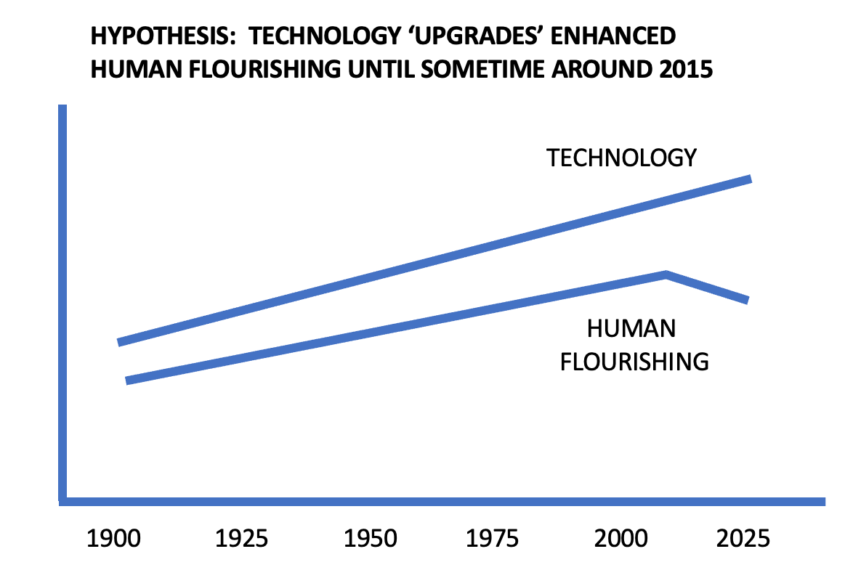At UnHerd, Edward Luttwak walks through the steps behind the scenes that led to Kamala Harris becoming the Democratic Party’s Presidential candidate for the 2024 election:
We are stuck with the French phrase coup d’état because nothing else describes so well the sudden removal of an old ruler by secret manoeuvrings — and their replacement with a chosen successor who happens to be endowed with every possible virtue. Of course, Kamala Harris is not a dictator because she must still face a nationwide election. But secret manoeuvrings did make her the presidential candidate of her Democratic Party, a position that is also intended to be filled by primary elections up and down the country before delegates agree on the victor at the Party Convention.
Nor was her vice-presidency enough to secure her candidacy. Far from it, given the unpromising electoral record of that most peculiar office, not inaccurately described as “not worth a bucket of warm spit” by John Nance Garner, Franklin D. Roosevelt’s vice president. In fact, in all of American history, only seven vice presidents were elected to the presidency (eight replaced a dead president). This reflects the habitual role of vice presidents: emphatically not presidents-in-waiting but rather politicos serving as symbolic figures who are selected to attract voters that the president cannot attract with his policies.
[…]
What happened next could not possibly have occurred if there were not a single directing hand behind the scenes. Suddenly, the very same voices from Nancy Pelosi down, who had just told the American people that Biden was fit and ready to win in the upcoming elections and rule for four more years, said the very opposite: that Biden should immediately announce his withdrawal from the elections. Nor is it any mystery who pulled the switch: Barack Obama, the only American President of recent times who has continued to live in Washington DC after leaving the White House — and it is not for the Potomac river-fishing that he has stayed there.
[…]
Obama had definitely not wanted Harris in that position, fearing that she would come under attack for her San Francisco career launched by an older mayor who was also her romantic partner. After Biden had locked himself into his vice-presidential choice of a black woman, Obama proposed his former National Security Advisor, Susan Rice. But even the faithful Biden could not accept that: in his own eight vice-presidential years, Biden often tried to influence foreign policy only to be overruled by Obama’s appointees, who knew very much less than he did after his decades of attentive service on the Senate Foreign Relations Committee. And none was more arrogant with him than Rice. And so, even faithful Biden would not accept her, which meant that Obama could ensure Biden’s withdrawal, but not his replacement with his own candidate.
So, what is the party left with? Because Kamala Harris did not win even one primary, and her vice-presidential role was more unremarkable than most, it is possible, just possible, that this week’s gathering will not unfold as a Chinese Communist Party Congress, and one or more delegates will call for a choice. And because there are in fact candidates ready and waiting among the Democratic governors, eight of them women, an open convention need not devolve into chaos or coup — but rather into a democratic election.






